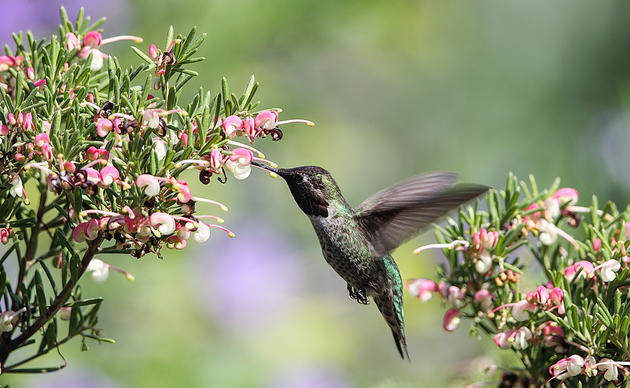Representatives of Audubon California today expressed deep disappointment after its bill to prohibit the use of lead shot in state wildlife areas was defeated in the State Senate Natural Resources and Water Committee. The bill, Assembly Bill 2223 (Nava), passed the State Assembly just last month, but failed to garner sufficient votes to move on in the Senate.
Audubon California Director of Public Policy Dan Taylor blamed the loss on a forceful and misleading campaign by gun interests and ammunition manufacturers. “The lead lobby will declare victory today, but it is not a victory for California’s wildlife,” said Taylor. “They somehow managed to convince legislators that lead is not a threat to California wildlife. But the science on the dangers of lead is abundantly clear, and we’ll continue to press that point.”
Taylor said that, with their legislative options closed for now, Audubon California and its partners will continue to press for an administrative solution before the State Fish & Game Commission. The Commission has already indicated that it will take the issue up for discussion at its August meeting.
Audubon California pressed for the ban on lead shot in state wildlife areas in an effort to remove a loophole in the law that creates a dangerous environment for birds and other wildlife. Due to widespread consensus that the use of lead shot for waterfowl hunting poses a significant danger in wetland environments, federal law bans such use. However, the use of lead shot for upland game is currently allowed on most state wildlife areas, and often results in lead being introduced into wetland environments anyway. Research now shows that both wetland and upland birds will ingest spent lead shot, and that this creates the potential for devastating effects on these bird populations.
More than 25 states currently have laws on the books similar to Assembly Bill 2223. Lead shot is also banned in all federal wildlife areas in California.
“It’s pretty stunning to think that California is behind South Dakota and Nebraska in protecting its wildlife from lead contamination,” said Taylor. “Allowing this situation to continue is inconsistent with the state’s mission to manage these wildlife areas to the highest standards, and I expect that the Fish & Game Commission will understand that.”
In pushing for the passage of AB 2223, Audubon California always noted the crucial role hunters play in wildlife management and conservation, particularly in funding through licenses and excise taxes on sporting equipment sales. This policy change should appeal to hunters, given that inaction stands to erode both wetland and upland bird populations – and diminish hunting opportunities.
By Garrison Frost
Monthly Giving
Our monthly giving program offers the peace of mind that you’re doing your part every day.




